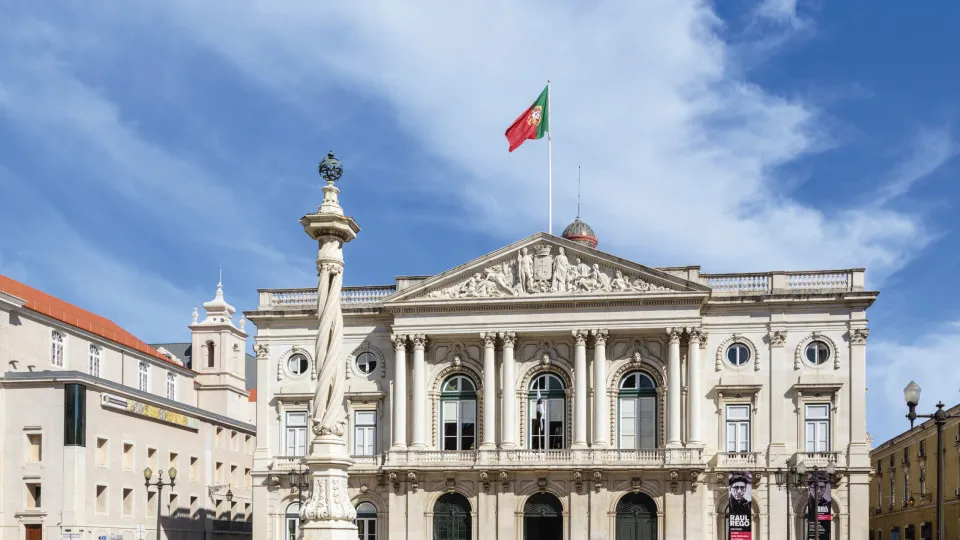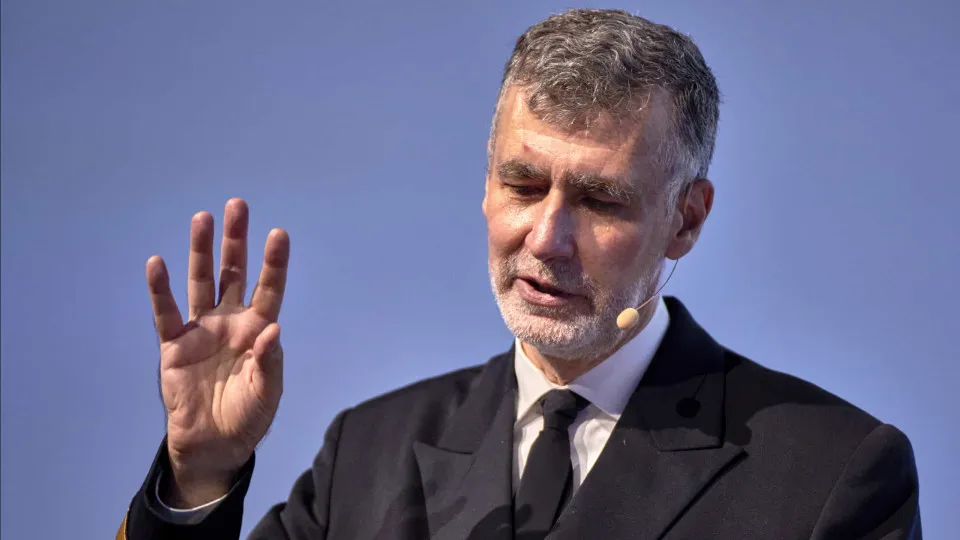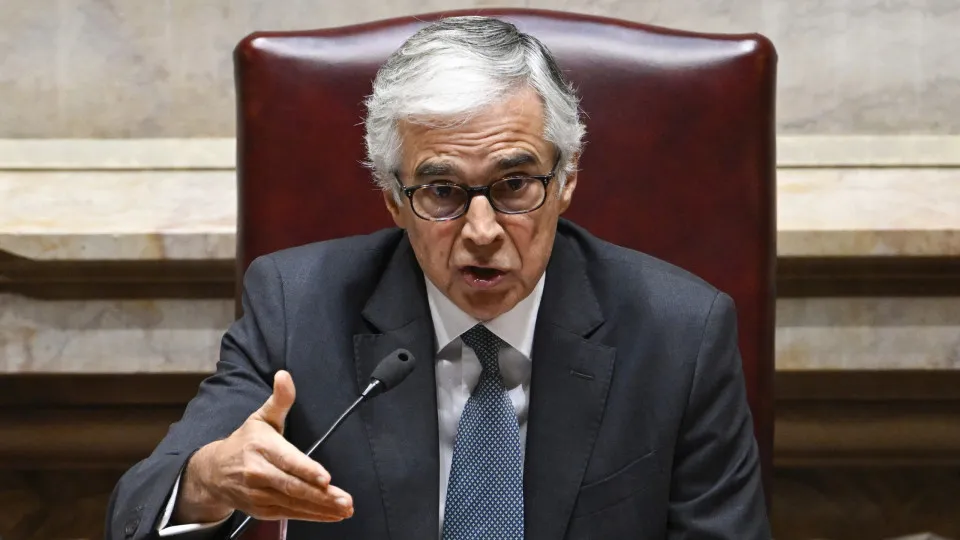
In a private meeting, the first for the new municipal executive, the proposal by Carlos Moedas regarding the delegation of council powers to himself as mayor faced opposition from all left-wing parties, namely PS, Livre, BE, and PCP, according to a source from the municipality.
Unanimously approved was Carlos Moedas’ proposal for the other seven elected members from PSD/CDS-PP/IL, including himself, to be full-time councilors, though the distribution of portfolios remains unknown.
Due to disagreements over granting more powers to Moedas and consequently reducing scrutiny, BE and PCP submitted proposals to amend the delegation of powers to the mayor, both of which were rejected by votes from right-wing forces: PSD, CDS-PP, IL, and Chega.
“The main objective of the proposal for delegation of powers presented at the meeting by President Carlos Moedas is to accelerate and reduce the bureaucracy in the council’s decision-making process,” stated the PSD mayor’s office.
In a statement to Lusa, Chega councilor Bruno Mascarenhas justified voting in favor of Moedas’ proposal, citing the need for the council to be agile in its operations, while emphasizing that his party will continue to scrutinize the actions of the PSD/CDS-PP/IL leadership.
“We can’t be agile for Lisboans by engaging in endless council discussions over every point. Our concern right now is for the council to function. We are here to scrutinize, to monitor, but we can’t completely stifle the executive’s work because that’s not good for the city or its residents,” Bruno Mascarenhas stated.
The councilor noted that during the term, reconsideration of the powers delegated to the president is always possible and reiterated that Chega will be “a constructive opposition,” keeping all options open regarding the possible approval of the municipal budget for 2026.
“If we find that the document contains elements important to us, we might abstain or vote in favor. If we believe it does not, we will vote against,” he expressed.
Socialist councilor Alexandra Leitão, who had previously said it would be difficult for the PS to approve the budget of the executive led by PSD/CDS-PP/IL, argued that the delegation of powers to Carlos Moedas “should not be so broad” and highlighted that, similar to the postponement of the local accommodation discussion, “there was a broad coalition with the entire right, including Chega, to approve the proposal in these terms.”
“It is much broader than in any previous terms of the PS and PSD, meaning the council is losing a set of deliberations which the president will now make alone, thus reducing democratic scrutiny of the president’s actions in Lisbon’s City Council,” she declared.
For Livre, “today it became clear that Carlos Moedas had an agreement with Chega councilors,” who provided the majority to approve “absolute concentration of power,” which is seen as “an attack on transparency and the opposition councilors’ ability to scrutinize.”
BE also criticized the delegation of “greatly expanded powers” to Carlos Moedas for urban operations and budget alterations without council meetings.
Proposing that decisions on various domains, from budget changes to urban operations licensing with significant impact, remain with the collegiate body, PCP stated that the rejection of its proposal and Chega’s decision to approve Carlos Moedas’ delegation of powers “represent a disregard for the expressed will in the recent election, which did not grant an absolute majority to any political force.”
“The mask has fallen from the political forces in question,” accused the PCP, committing to scrutinizing, denouncing, and intervening to ensure democratic decision-making in the city’s interest.
In the current mandate (2025-2029), Carlos Moedas governs in a minority with eight elected members from the PSD/CDS-PP/IL coalition, one short of an absolute majority, which would require the election of nine of the 17 members of the capital’s executive. The opposition comprises four PS councilors, one from Livre, one from BE, two from Chega, and one from PCP.




